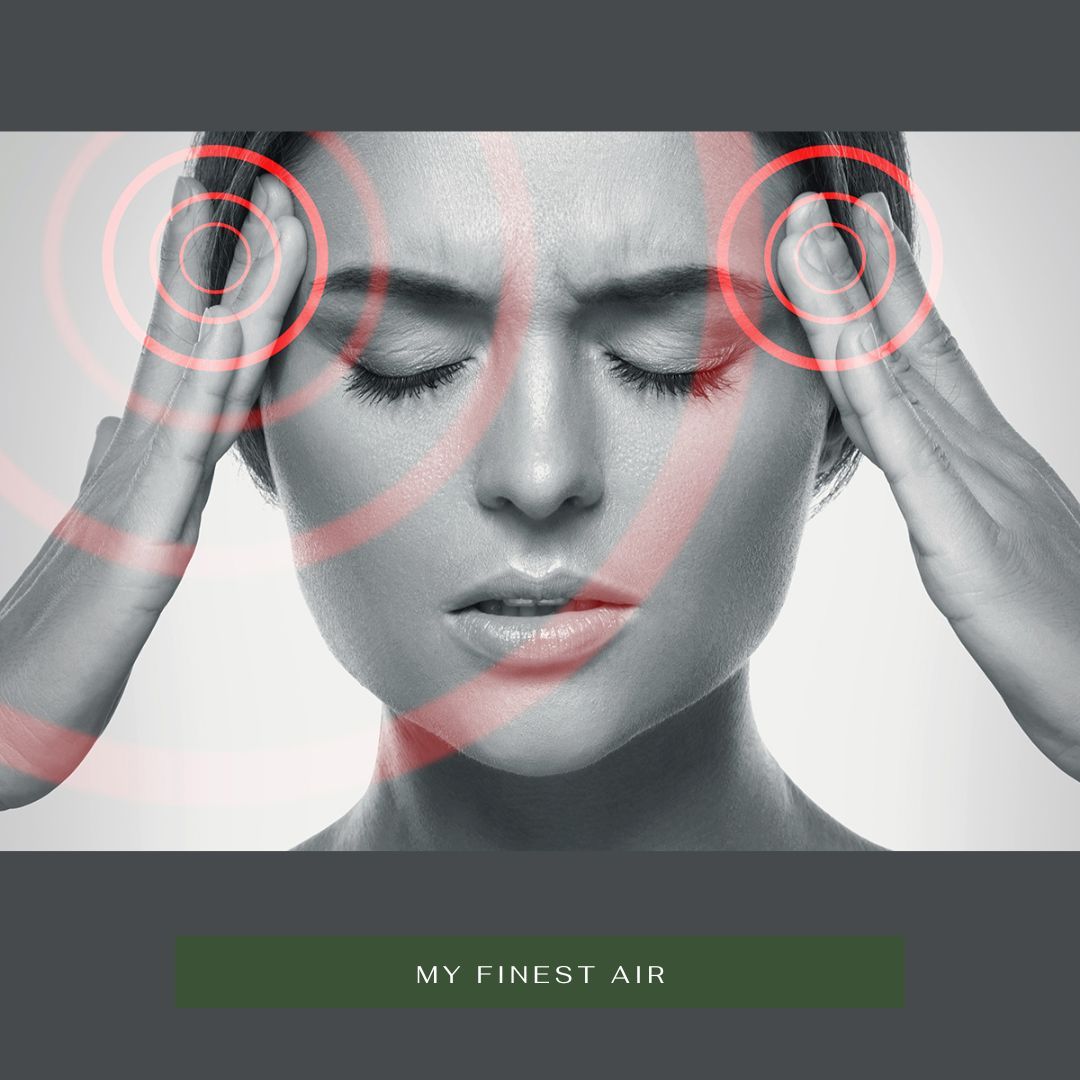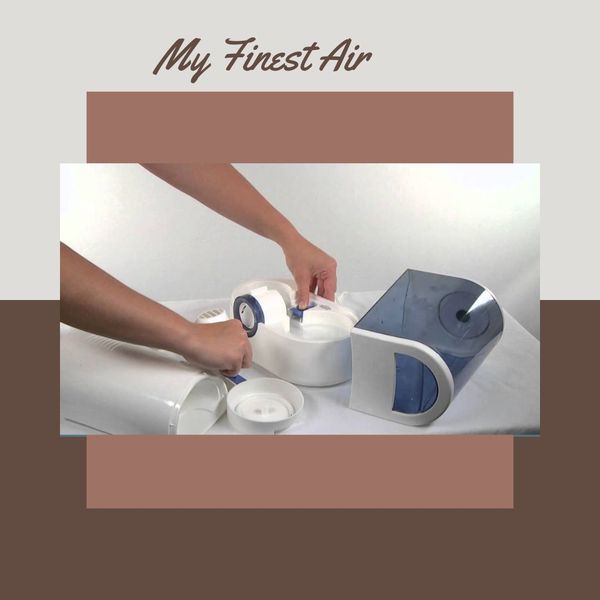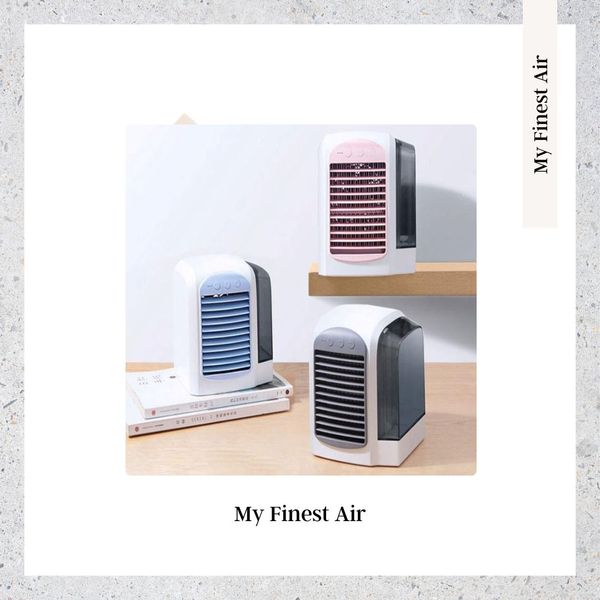You may wonder what the root causes are. Headaches can result from stress, anxiety, or other mental health conditions.
However, have you ever heard dry air can also cause headaches? Low humidity can greatly impact your health and increase the risk of pain.
The blood supply to your brain faces restriction inside the sinus cavities, which induces severe headaches. So, how dry air causes headaches, and how can you prevent such circumstances? Let’s explore all the facts.
How Dry Air Cause Headaches - Low Humidity Impacts
The moisture level or humidity in the air greatly influences your mental health. Maintaining indoor humidity should be your priority to build a comfortable environment around you.
Headache is also the result of dry air, which can be treated if you are aware of the main issue.
Dry Air Leads to Off-Gassing
Off-gassing is a term used for chemical ejection from different sources such as paint, insulation, or carpeting. When the humidity levels fall from the recommended range, the toxic chemicals released from these sources directly affect your health.
If you stay in areas for longer where off-gassing is common, it will trigger your headache.
Allergens Get Intense With Dry Air
Most allergens get inside your body through nasal passageways. When the air is dry, the unrestricted path will allow the allergens to move freely into your body. If there is enough humidity, the water will act as a barrier and prevent any chance of allergy.
The most common allergy-causing agents are mold, spores, pollens, and dust particles. When allergies get intense, your head will feel pounding pain.
Dehydration Cause Headaches
Body Gets Vulnerable to Infections
Humidity has a great role in keeping the body safe from disease-causing microbes or pathogens. But with dry air, the mucous membrane gets inflamed, making it vulnerable to viruses, bacteria, and other microorganisms.
The blood capillaries also start to swell, removing all the barriers against pathogens. The expected results are highly infectious diseases, intense headaches, lethargy, fever, and many other problems.
Other Associated Health Issues Due to Dry Air
Dry air doesn’t only cause frequent headaches, and several other health issues also result due to low levels of humidity.
- Throat infection or irritating sensations are more common when the air is dry. You will face difficulty in swallowing due to excessive coughing.
- Sleep deprivation also results due to dry air which can cause night-time allergies such as asthma.
- Dry air significantly affects eczema flare-ups, making skin sore, and sometimes cracks appear on different skin regions.
How to Increase Humidity In Home to Prevent Headaches
There are the following ways you can control the dryness in the air by increasing humidity levels.
Installing An Air Purifier
It is highly recommended to get an air purifier to prevent allergies as well as dry air. The air purifier will trap pollutants making the air fresh and moist to inhale. You will get many benefits after installing one unit.
Increase Moisture By Wet Towels
If you find it hard to invest in a purifier, wet towels will do the half job for you. However, they can’t trap contaminants but will help add moisture to the air. The evaporation process will distribute water vapors all around the house to maintain a humid environment.
See Our Blog: How Often Should I Use A Humidifier For My Plants? - Tips
Enhance Plantation
Indoor plants are the best remedy against dry air issues. The water vapors released by the stems and leaves of plants add enough humidity to the area. But ensure to keep the moisture levels in check to prevent mold growth.
Will A Humidifier Help With Headaches
A humidifier is top on the list of all strategies to deal with dry air. These appliances are the best solution to add moisture to the air to keep the environment humid. Even the bad headaches from dry air will reduce after setting up a humidifier.

How A Humidifier Helps In Getting Rid of Headaches
The water vapors releasing ability of humidifiers change the dry air into moist air to keep everything hydrated. Installing it will help fight germs, certain bacteria, and other infectious particles due to mists.
Your mucous membrane will not get irritation or inflammation due to dryness. In the end, you will be completely safe from regular or more frequent headaches.
Here is how to humidify the environment of your room.
What Should You Prefer to Treat Headache - Humidifier or Medicines
A throbbing headache requires quick treatment because you feel everything out of your hands at this intense level of pain. The only possible solution that comes to mind is medication.
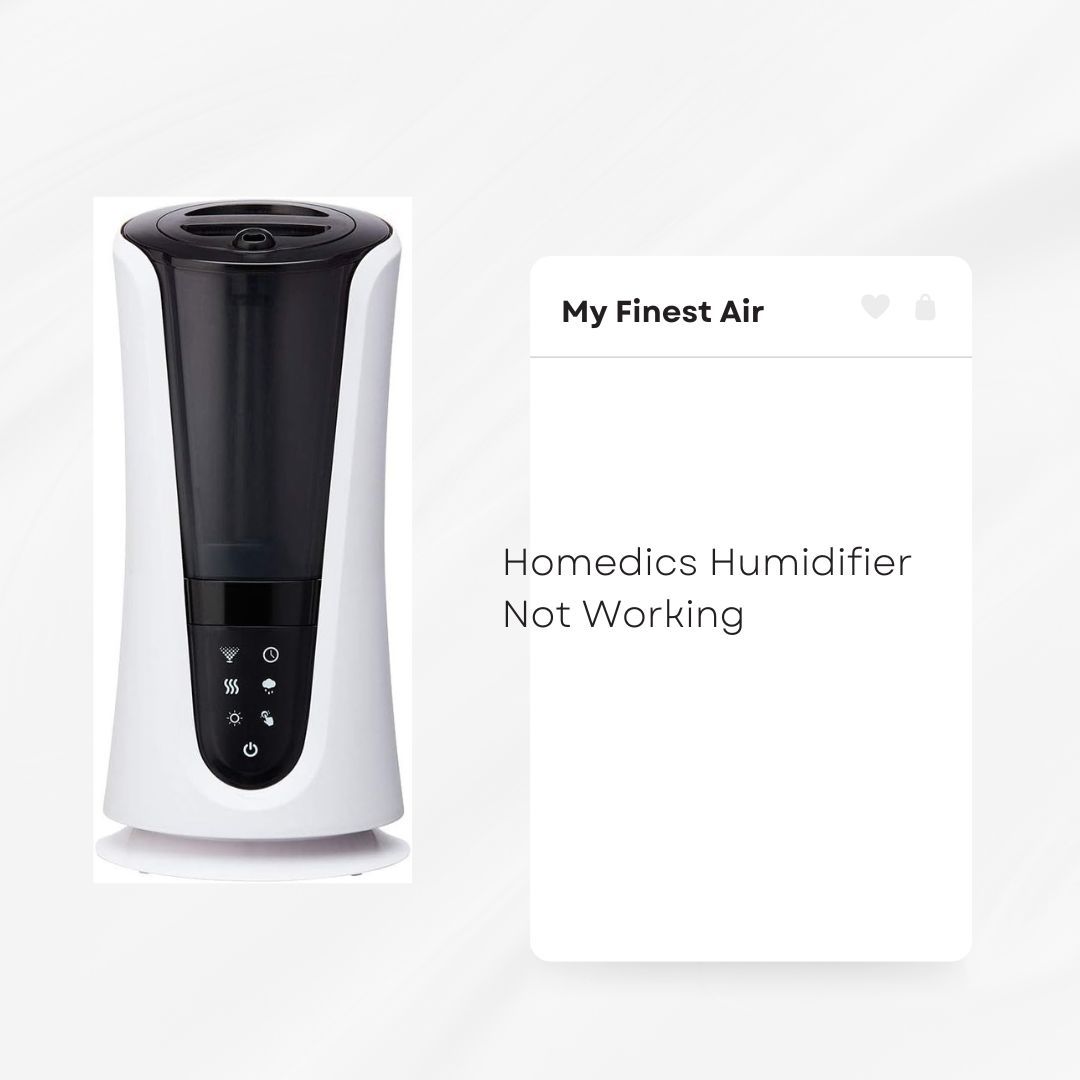
So, you can’t rely on a humidifier to treat sudden and severe headaches, but using both together can do a much better job. In order to treat the pain, you need medications, but to prevent future headaches due to dry air, you must get a humidifier.
How Fluctuations in Weather Effects Headaches
Dry air isn’t the only reason for severe headaches, other environmental conditions also have a part.
- Bad weather, such as intense temperature changes, too hot or too cold, can cause headaches. Even high or low pressure in the air can also cause this issue.
- Strong odors, even if they are pleasing, can cause severe headaches. Smells of smoke, petrol, paint, perfumes, and other sources can trigger your headache.
- The dusty or stormy environment also induces headaches. Dust is the most common reason for migraines.
- Too much humidity or low humidity is not good for health as it can lead to headaches and other health issues.
Can Dry Air Cause Migraines
According to the reports, migraine attacks often result from extreme cold or dry air, usually in winter.
High humidity levels, even in dry weather, can trigger intense migraines. However, these are not the only factors of migraines, many other triggers play more fierce roles.
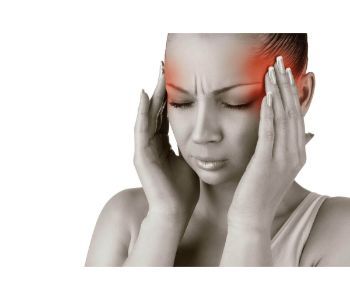
Final Thoughts
You may have never imagined that dry air can be the reason for a pounding headache, but low humidity and dry air can cause severe headaches. Therefore, you must try to maintain indoor moisture levels.
We hope you have found a major reason for your headache and ways to prevent it effectively.


